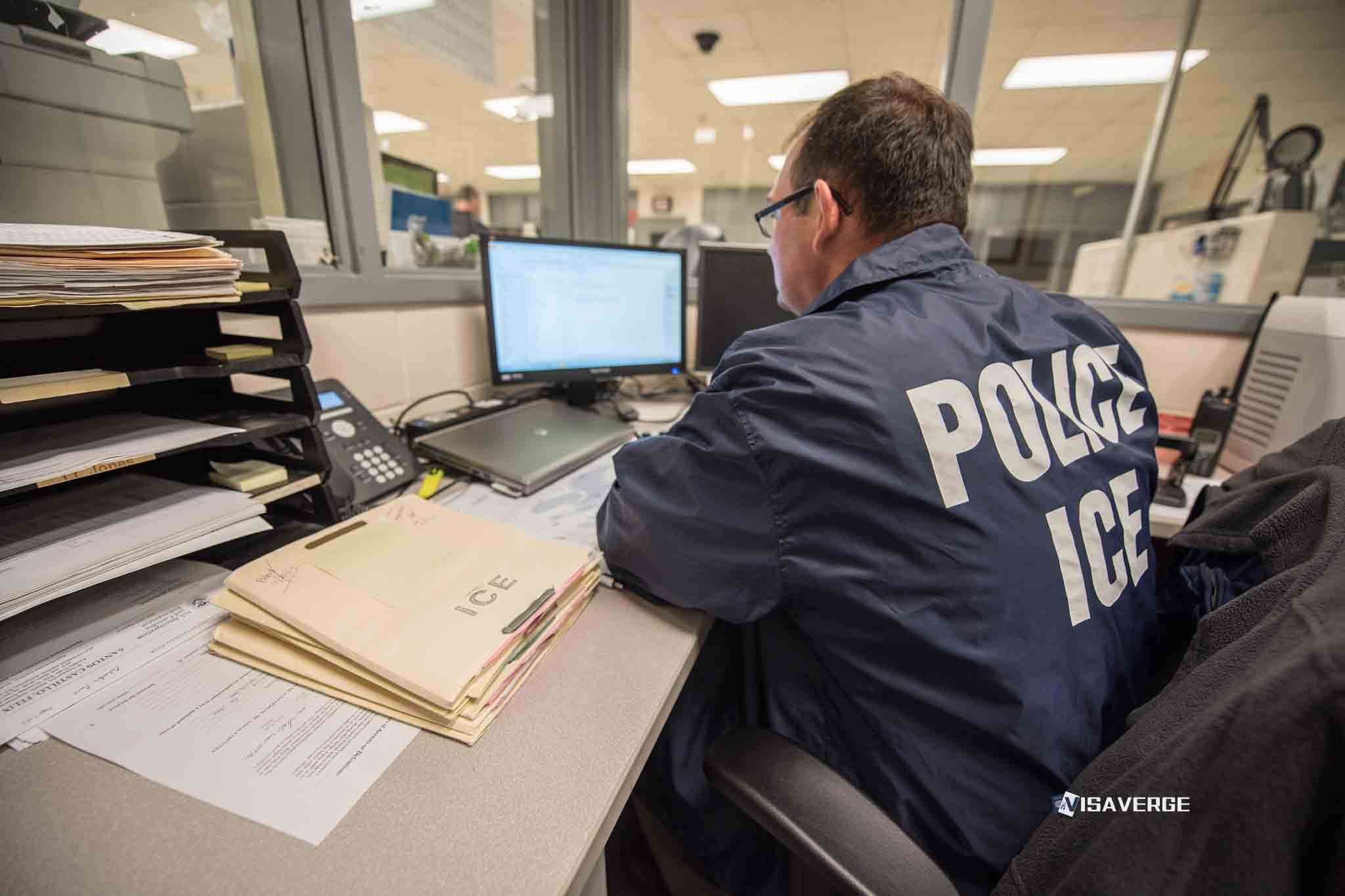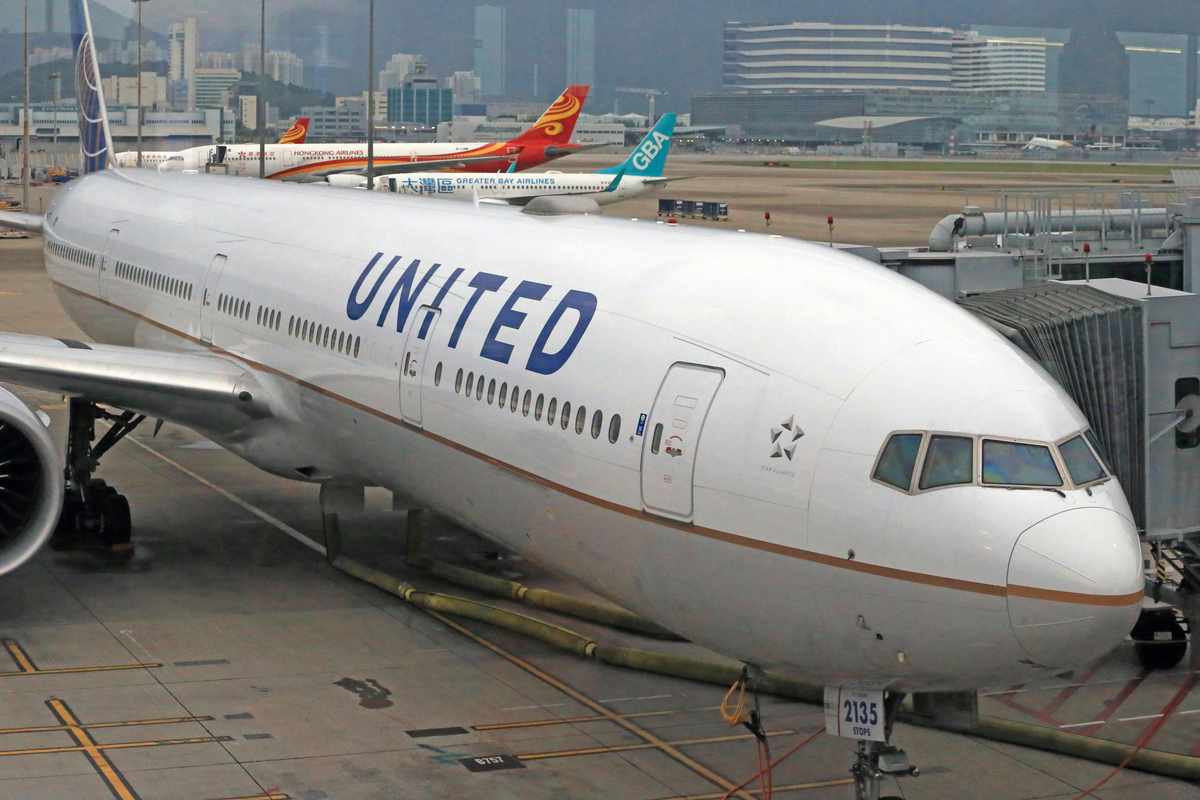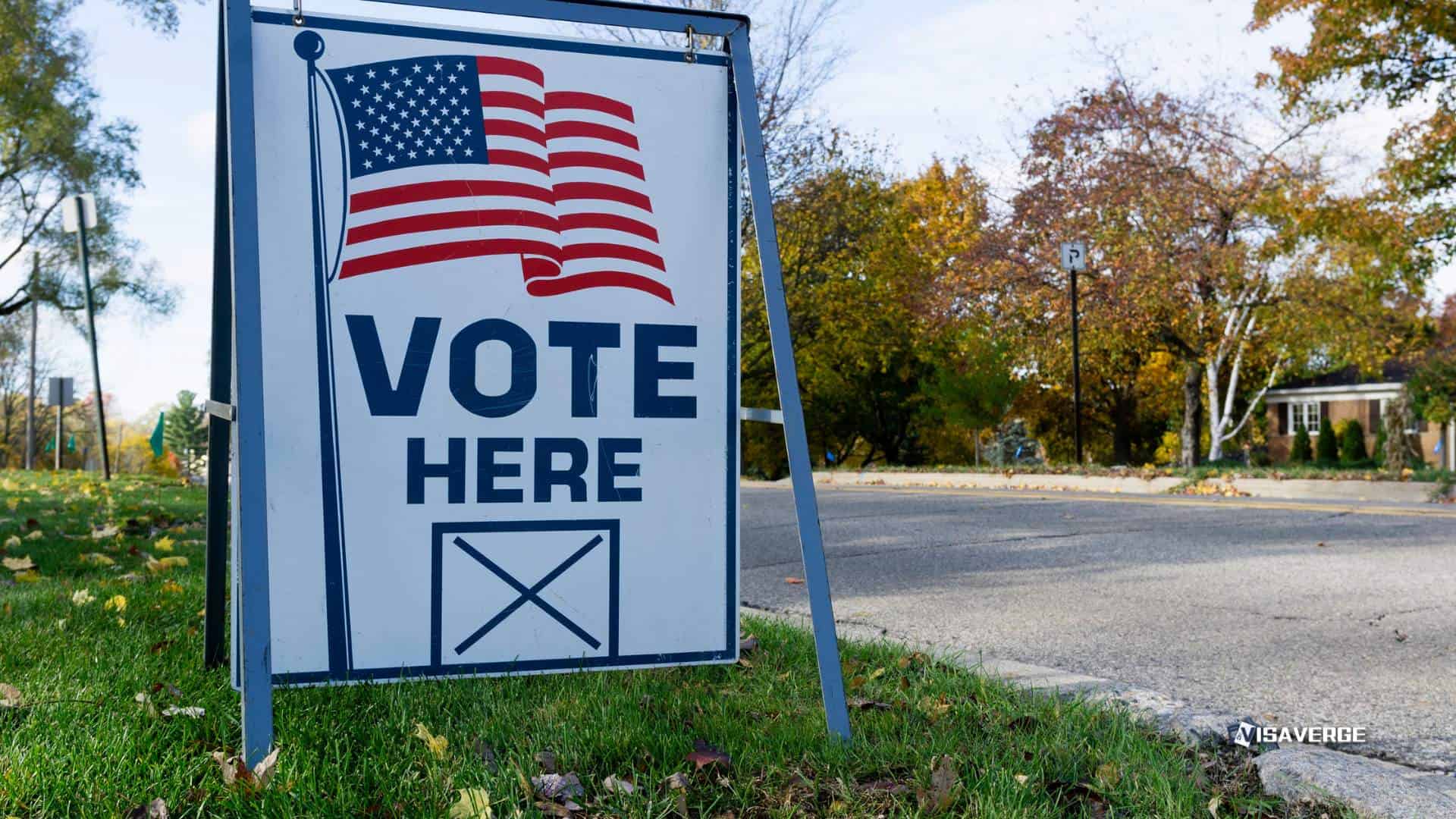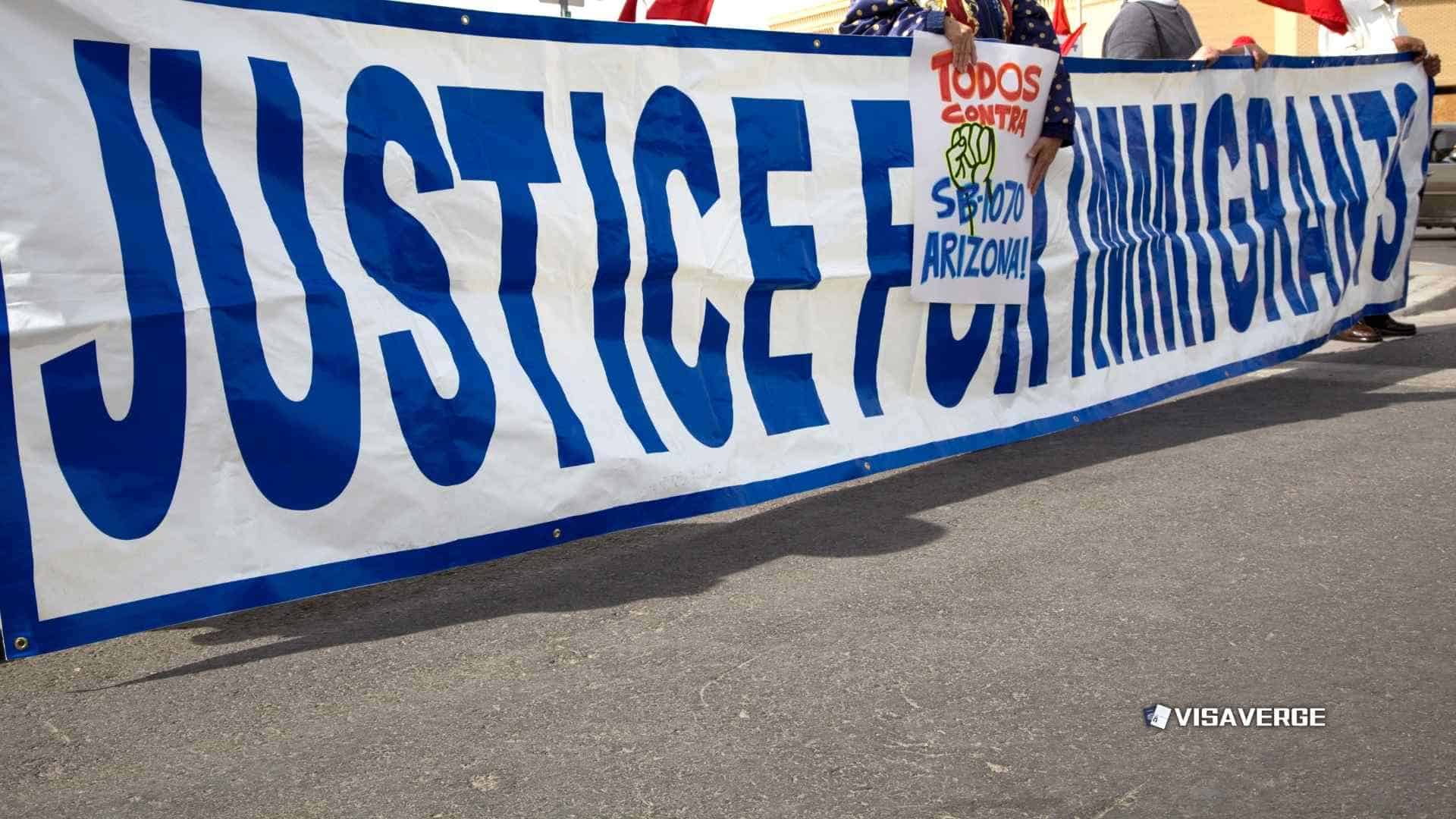Key Takeaways
• Kilmar Abrego Garcia faces federal human smuggling charges while detained in Tennessee as of June 2025.
• Wrongful March 2025 deportation to El Salvador contradicted a 2019 court order protecting him.
• DHS plans deportation to a third country; Maryland court reviews emergency motion to stop this.
Kilmar Abrego Garcia’s Detention in Tennessee: A Complex Immigration and Legal Battle
Who, What, When, Where, Why, and How

Kilmar Abrego Garcia, a longtime resident of Maryland, is at the center of a high-profile immigration and criminal case that has drawn national attention. As of late June 2025, he remains detained in Tennessee, facing federal charges of human smuggling after a 2022 traffic stop where he was found driving a vehicle with nine passengers. He has pleaded not guilty to these charges. The case has become even more complicated due to a wrongful deportation earlier this year, ongoing legal battles to prevent his removal from the United States 🇺🇸, and concerns about his safety if deported. The situation highlights the challenges and risks that can arise when immigration enforcement, criminal law, and human rights protections intersect.
Latest Developments: Legal Motions and Detention Status
Kilmar Abrego Garcia’s legal team is fighting on several fronts. On June 26, 2025, his attorneys filed an emergency motion in a federal court in Maryland, asking the judge to order that, if he is released from detention in Tennessee, he be returned to Maryland. The main reason for this request is to prevent Immigration and Customs Enforcement (ICE) from quickly deporting him before he can be with his family and legal counsel. U.S. Magistrate Judge Barbara Holmes in Nashville had earlier ruled that Abrego Garcia has the right to be released on bail while awaiting trial. However, she delayed his release because of concerns that ICE might deport him immediately.
The Department of Homeland Security (DHS) has made it clear that, if Abrego Garcia is released, they plan to place him in ICE custody and start removal proceedings. Interestingly, DHS does not plan to deport him to El Salvador, his home country, but instead to a “third country.” No specific timeline for this removal has been given, and government attorney Jonathan Guynn has said there are no immediate plans for removal, but the possibility remains open.
Judge Paula Xinis in Maryland, who is overseeing the emergency motion, has not yet made a decision. She has indicated that the matter will not be settled by the expected deadline of June 27, 2025. This leaves Abrego Garcia’s future uncertain, as he remains in detention while the courts decide his fate.
Background: Wrongful Deportation and Legal Challenges
The current situation cannot be understood without looking at the events of the past few months. On March 15, 2025, Kilmar Abrego Garcia was deported to El Salvador, even though a 2019 immigration judge’s order specifically forbade his removal to that country. The reason for this order was credible threats of persecution by gangs, especially MS-13, if he returned to El Salvador. Despite this, he was sent to the Center for Terrorism Confinement (CECOT) prison in El Salvador, a facility known for harsh conditions.
The U.S. government later admitted that this deportation was an “administrative error.” The Trump administration has claimed that Abrego Garcia is affiliated with MS-13, a gang that the United States 🇺🇸 considers a foreign terrorist organization. Abrego Garcia strongly denies these claims.
On April 10, 2025, the U.S. Supreme Court stepped in, recognizing that his removal was illegal and ordering the government to help bring him back to the United States 🇺🇸 so that his legal proceedings could continue. He returned to the United States 🇺🇸 on June 7, 2025, and was then transferred to Tennessee to face the human smuggling charges.
Key Stakeholders: Who’s Involved?
Several important people and agencies are involved in this case:
- Kilmar Abrego Garcia: The man at the center of the case, fighting both criminal charges and efforts to deport him.
- U.S. Department of Homeland Security (DHS): The agency responsible for immigration enforcement and removal proceedings.
- Immigration and Customs Enforcement (ICE): The agency that detains and deports people who are in the country without legal status.
- Federal Judiciary:
- U.S. Magistrate Judge Barbara Holmes (Nashville): Ruled on bail and detention.
- U.S. District Judge Paula Xinis (Maryland): Overseeing motions about his return to Maryland and efforts to stop deportation.
- U.S. Supreme Court: Issued orders about his removal and return.
- Legal Counsel: Abrego Garcia’s lawyers, who are working to prevent his deportation and keep him near his family.
- Family: Abrego Garcia’s American wife and children, who have lived in Maryland for over a decade and are deeply affected by the case.
Step-by-Step: How the Case Unfolded
To understand the complexity, here’s a step-by-step look at what has happened so far:
- March 15, 2025: Kilmar Abrego Garcia is deported to El Salvador, despite a court order forbidding it.
- April 10, 2025: The U.S. Supreme Court recognizes the deportation was illegal and orders the government to bring him back.
- June 7, 2025: He returns to the United States 🇺🇸 and is sent to Tennessee to face criminal charges.
- Criminal Proceedings: He pleads not guilty to human smuggling charges.
- Bail Hearing: Judge Holmes rules he can be released on bail but delays release due to fears of immediate deportation.
- June 26, 2025: His lawyers file an emergency motion in Maryland to have him returned there if released, to prevent ICE from deporting him.
- DHS’s Plan: DHS says they will try to deport him to a third country, not El Salvador, but gives no timeline.
- Pending Decision: Judge Xinis in Maryland is considering the emergency motion.
Legal and Policy Implications
This case raises several important questions about how immigration laws are enforced and what happens when mistakes are made:
- Deportation Despite Court Orders: Abrego Garcia’s wrongful deportation shows that even clear court orders can be ignored or overlooked, putting people at risk of harm.
- Third-Country Deportations: The government’s plan to deport him to a country other than his own is a way to get around protections that apply to his home country. This tactic is controversial and raises questions about fairness and safety for people who fear persecution.
- Balancing Bail and Deportation: Judges must decide whether to release someone on bail if there’s a risk they’ll be deported before their trial. This creates tension between criminal justice and immigration enforcement.
- Family and Community Impact: Deportation can tear families apart, especially when someone has lived in the United States 🇺🇸 for many years and has deep ties to the community.
Expert Perspectives: What Are People Saying?
- Legal Experts: Many lawyers see this case as a warning about what can go wrong when immigration enforcement moves too quickly or without proper checks. Administrative errors can have life-changing consequences.
- Human Rights Advocates: Groups that work to protect immigrants’ rights say that sending Abrego Garcia to a third country could violate international laws that protect people from being sent to places where they might be harmed (a principle called “non-refoulement”).
- Government Officials: DHS and the Trump administration argue that national security is at stake, pointing to alleged gang ties. However, these claims are disputed and have not been proven in court.
- Family and Community: Abrego Garcia’s family and supporters stress the emotional and practical harm caused by his detention and the threat of deportation. They argue that he should be allowed to stay in Maryland, close to his loved ones and legal team.
Human Smuggling Charges: What Does It Mean?
The criminal charges against Kilmar Abrego Garcia stem from a 2022 traffic stop in Tennessee. He was found driving a vehicle with nine passengers and is accused of human smuggling. In simple terms, human smuggling means helping people enter or stay in a country illegally, usually for money. Abrego Garcia has pleaded not guilty, and his trial will determine whether he is guilty of this crime.
For more information on how the United States 🇺🇸 defines and prosecutes human smuggling, you can visit the U.S. Department of Justice’s official page on human smuggling.
Family and Community Impact: Real Lives, Real Consequences
The case of Kilmar Abrego Garcia is not just about legal arguments and government policies. It’s also about a family that has lived in Maryland for over ten years. His American wife and children have been active in legal efforts to keep him in the country. Deportation would mean separating a father and husband from his family, disrupting their lives and causing emotional pain.
Community members and local organizations have also spoken out, saying that cases like this hurt not only the families involved but also the wider community. When people fear that they or their loved ones could be deported at any time, it creates stress and uncertainty for everyone.
Policy Scrutiny: What Could Change?
This case may lead to closer examination of how immigration enforcement works, especially when it comes to:
- Following Court Orders: Making sure that government agencies respect and follow court decisions.
- Third-Country Deportations: Reviewing whether it’s fair or safe to send people to countries where they have no ties or protection.
- Administrative Errors: Improving systems to prevent mistakes that can lead to wrongful deportations.
- Balancing Security and Rights: Finding ways to protect national security without violating the rights of individuals or families.
What Happens Next?
Several important decisions are expected in the coming weeks and months:
- Judge Xinis’s Ruling: The Maryland federal court’s decision on the emergency motion will determine whether Abrego Garcia can return to Maryland while awaiting trial or faces immediate deportation.
- Criminal Trial in Tennessee: The outcome of the human smuggling trial will affect his immigration status and future in the United States 🇺🇸.
- Possible Deportation to a Third Country: If released, ICE may try to deport him somewhere other than El Salvador, which could lead to more legal challenges.
- Policy Changes: The case could prompt lawmakers and officials to review and possibly change how deportations are handled, especially in cases involving court orders and claims of persecution.
Practical Guidance for Others in Similar Situations
If you or someone you know is facing deportation or criminal charges related to immigration, here are some steps to consider:
- Seek Legal Help: Contact an experienced immigration lawyer as soon as possible. Legal aid organizations can also provide support.
- Know Your Rights: Understand your rights during detention, deportation proceedings, and criminal trials. The U.S. Citizenship and Immigration Services (USCIS) website offers helpful resources.
- Stay Connected: Keep in touch with family, friends, and community organizations who can support you.
- Document Everything: Keep records of all court orders, legal filings, and communications with government agencies.
- Monitor Deadlines: Pay close attention to court dates, filing deadlines, and any notices from immigration authorities.
Conclusion: A Case That Highlights the Stakes
The story of Kilmar Abrego Garcia is a powerful example of how immigration enforcement, criminal law, and human rights protections can collide. His case raises important questions about due process, the risks of administrative mistakes, and the human cost of deportation. As reported by VisaVerge.com, cases like this one show the need for careful review and reform in how the United States 🇺🇸 handles complex immigration matters.
While the courts continue to decide his fate, the outcome will have lasting effects not only for Abrego Garcia and his family but also for others facing similar challenges. The case serves as a reminder that immigration law is not just about rules and policies—it’s about real people, families, and communities whose lives can change in an instant.
For more information on immigration enforcement and removal proceedings, visit the U.S. Immigration and Customs Enforcement (ICE) official website. If you need to access official immigration forms, such as those for removal proceedings or asylum applications, you can find them on the USCIS Forms page.
Actionable Takeaways
- If you are facing deportation, get legal help right away.
- Stay informed about your rights and court orders that may protect you.
- Keep your family and community involved—they can be important sources of support.
- Watch for updates on court decisions, as they can change your situation quickly.
- Use official government resources for the most accurate and up-to-date information.
The case of Kilmar Abrego Garcia continues to unfold, with important decisions ahead that could shape the future of immigration enforcement and the lives of many families across the United States 🇺🇸.
Learn Today
Human Smuggling → The illegal act of helping people cross borders for money, often involving transportation or concealment.
Immigration and Customs Enforcement (ICE) → U.S. agency responsible for detaining and deporting unauthorized immigrants within the country.
Non-Refoulement → International law principle forbidding returning refugees to places where they face persecution or harm.
Third-Country Deportation → Removing a person to a country other than their home nation, often controversial legally and ethically.
Bail → Temporary release of a detainee while awaiting trial, usually involving a financial guarantee or conditions.
This Article in a Nutshell
Kilmar Abrego Garcia’s case reveals how administrative errors, legal battles, and immigration policies collide, affecting families and justice in the U.S. His wrongful deportation and human smuggling charges underline complex challenges in immigration enforcement and human rights protection.
— By VisaVerge.com








